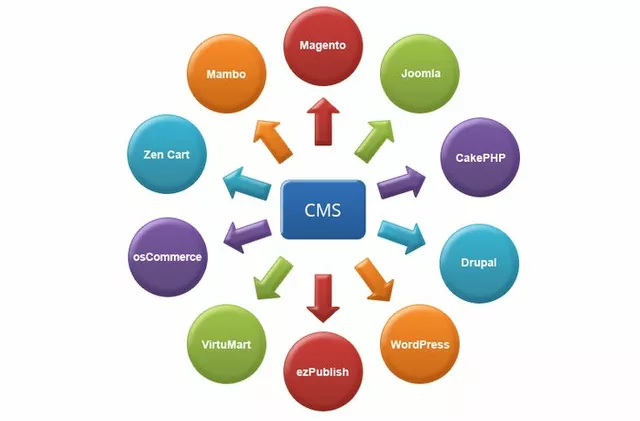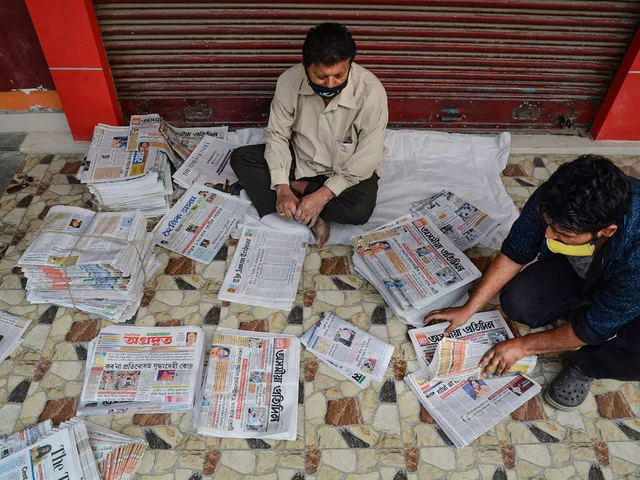Shaping the Leaders of Tomorrow: The Impact of Affordable Private Schools
Every year, as the first light of a cold winter morning pierces the sky, millions of Indian parents rush to private schools nationwide to register their children. It's a universally recognized fact that private schools are viewed as a gateway to first-rate education in India, a strong foundation for guaranteeing the best prospects for children. However, in the excitement surrounding the benefits of private schools, it is crucial to pause and examine - is this educational structure a blessing for our children, or does it stimulate some deeply rooted dilemmas? Could we possibly "write my paper for cheap" while providing quality education?
Unlocking Opportunities: The Advantages of Affordable Private Schools in India
Private schools in India are comparable to a versatile gemstone - they glow with numerous positive facets that contribute to the comprehensive development of a child. They provide a vibrant educational environment with superior teaching methods, a well-rounded curriculum, advanced infrastructure, and various extracurricular activities. The student-teacher ratio outperforms many public schools; classrooms are more interactive, and there is a greater focus on instilling values, ethics, and leadership skills. Let's delve into these benefits in detail, shall we?
Progressive Curriculum: Nurturing Young Minds
In my childhood, our education revolved around rote memorization. Who else can recall reciting multiplication tables until they could be recited in reverse in a flash? Nowadays, private schools prioritize a comprehensive learning approach that promotes conceptual understanding and practical application. It's no longer just about memorizing facts and figures; it's about understanding, analyzing, and brainstorming. From critical thinking to hands-on experiential training, private schools guarantee a robust and illuminating educational experience. I sometimes yearn to be a student in these progressive times!
Extracurricular Exuberance: Beyond the Classroom
Do you recall the last time you raved about a school? More likely than not, it was a private institution, priding itself on its artistic environment, technological support, sports health centers, and much more. That wasn't just empty boasting; it represented private schools' extensive extracurricular activities. From cultivating a student's interest in art, music, and dance to kindling an intrigue in technology, these schools assure comprehensive development. It's a festival of opportunities, each as exciting and enlightening as the last, and all significantly broadening the scope of a child's growth!
Spotlight on the Downsides: The Drawbacks of Private Education
While the advantages of private education may be attractive, it is not without its problems - complexities that muddle the potential benefits and present real challenges. Some warning signs are minimal government regulation, high tuition, social exclusivity, and a lingering emphasis on rote learning. As always, critical analysis compels us to investigate further!
The Expensive Ticket: Sky-high School Fees
Recalling my school days (what a whirlwind!), I remember how my parents were staggered by the steep tuition fees at private institutions. These fees have since risen even further. The appeal of private schools doesn't come without a hefty price tag. Often, their charges are so high that they provoke concerns about educational equity and access. Can we ignore the fact that the cost might exclude some children? Is high-quality education only for those who can afford to pay? These are some formidable questions we must contemplate.
The Homogeneous Mosaic: Lack of Social Inclusion
A notable criticism of private education is the homogeneous nature of its classrooms. From my private school days, every student came from a similar background. Opportunities for interaction with peers from diverse socio-economic or cultural backgrounds were limited. This characteristic of private schools can narrow students' world view, restricting them from acquiring a more inclusive perspective. In a world flourishing with diversity, are we not shortchanging our children by limiting their exposure?
Navigating the Grey Area: The Balancing Act of Indian Education
Given the balance of pros and cons, it's clear that the role of private schools in Indian education is a complex issue. There's no denying that these establishments offer some of the best educational opportunities across the country, empowering countless students with their comprehensive approach. Yet, it's equally undeniable that the issues of access, affordability, and inclusivity must be confronted. As we navigate this delicate balance, we must continue to push for a more balanced, inclusive, and harmonious education system for our children. Remember, education in private or public schools is a journey, not a race. It's more about gaining knowledge and less about competition. Most importantly, cherish the school days - they are fleeting!






